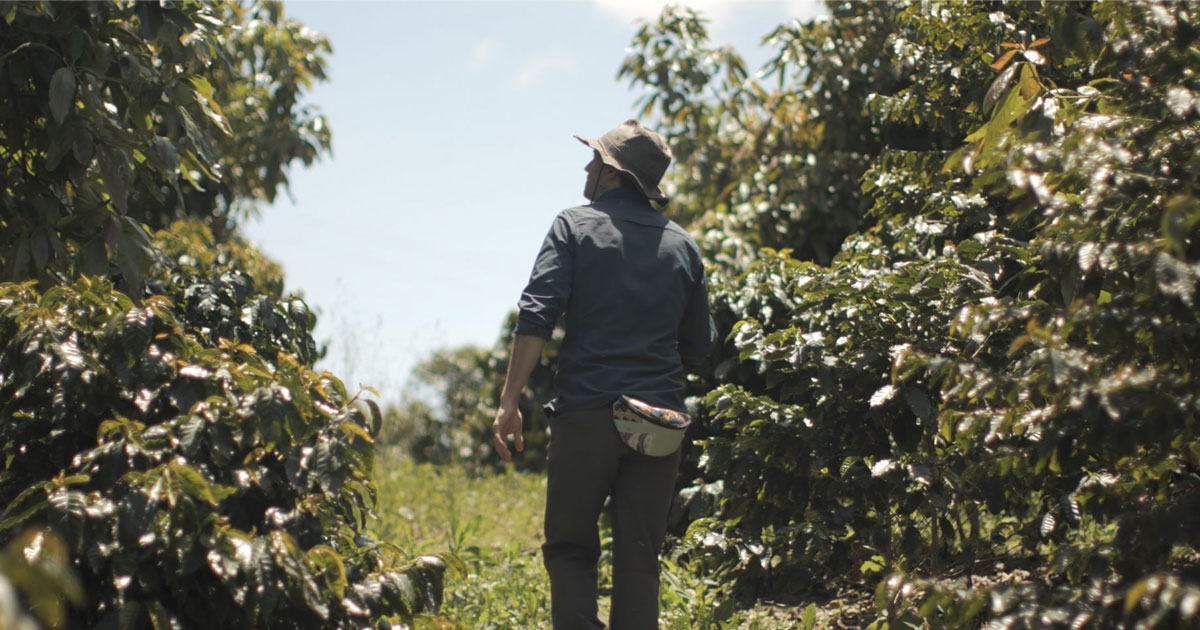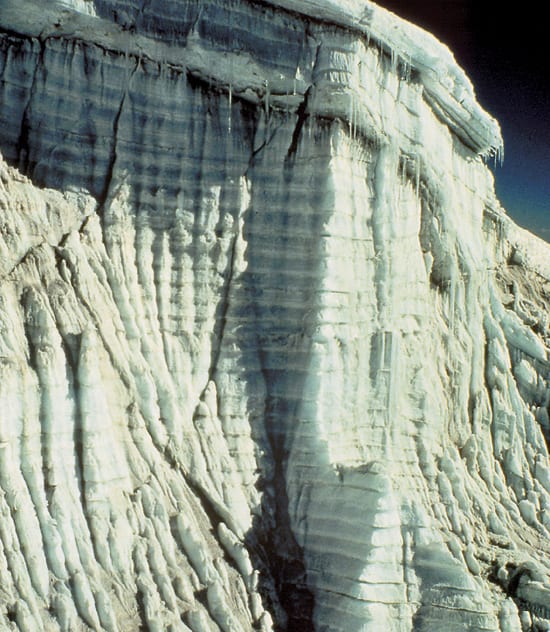I think as humans we think we can control everything. The reality is - the earth is going to cool and warm. Our own prehistoric past demonstrates this. The small microscopic time that advanced humans have been around is so tiny relatively speaking and what has transpired over the past 100 years is totally being over analyzed, chewed up and spit out as evidence.
Since I have moved to Colorado, I have been fascinated by the geological story. Colorado was once under water which is evident because of the sheer amount of limestone and shell fossils. It was then more tropical also visible due to the floral/tropical plants that have been fossilized. Later it was covered with redwood forest as well as Arizona and there are petrified forests and tree stumps and well as very dark rock layers and then became very dry. There was also a very volcanic history prior to uplifting which changed the dynamics of this state in a big way. Once the mountains were formed glaciers were present for a long time and even shaped the mountains we see today - guess what those glaciers did not disappear recently. They disappeared before the Native Americans had even settled here. Here is an animation of Colorado's Geographic Past:
So today, we sit here and debate how we can control warming? Well we have been warming before our time. The earth will also cool again.

Our lands are dynamic and ever growing where volcanic activity is present. New islands are being produced as we type. Other areas, shore lines and river banks are eroding - look at the Grand Canyon - that is normal. We built cities on top of areas where water once was - Boston is a perfect example. Continental Drifting is still happening with North and South America being pushed west ward and colliding with the Pacific plate. So how do we approach this as humans? We build walls to hold back oceans and to prevent erosion, we fill in erosion ditches as they develop, we bolt together cliffs so they will not tumble and cast nets over them as well. Where rivers meander, we build channels to control flow. We build structures to with stand the strongest of earthquakes. With our global economy, we have introduce insect species to different parts of the world that are now killing our trees, fish, choking our lakes - what do we do - genetically modify plants and introduce other species that may have adverse effects we just do not know yet. We now consumer more water than is being returned. Under ground lakes are being drained and then along the coast salt water for the oceans are filling them in. In some case sinkholes develop. The list can go on!
Will things change? Yes! Will we adapt - sure we will. I think the world over seems to think the Earth will remain as we see it and it will not - give it another million years.
BTW - I cannot stand celebrities that express concern for the environment yet they are in movies or hold concerts that require people to drive all over to them. They also have large homes, drive multiple vehicles, some have private jets etc. Their carbon foot print is huge. Vail wants to have a zero carbon foot print but they need people to fly and drive to their resorts and the gear that is needed has plastics, and fiberglass. We as individuals have relatively small carbon foot prints.
Sorry about the rants!



